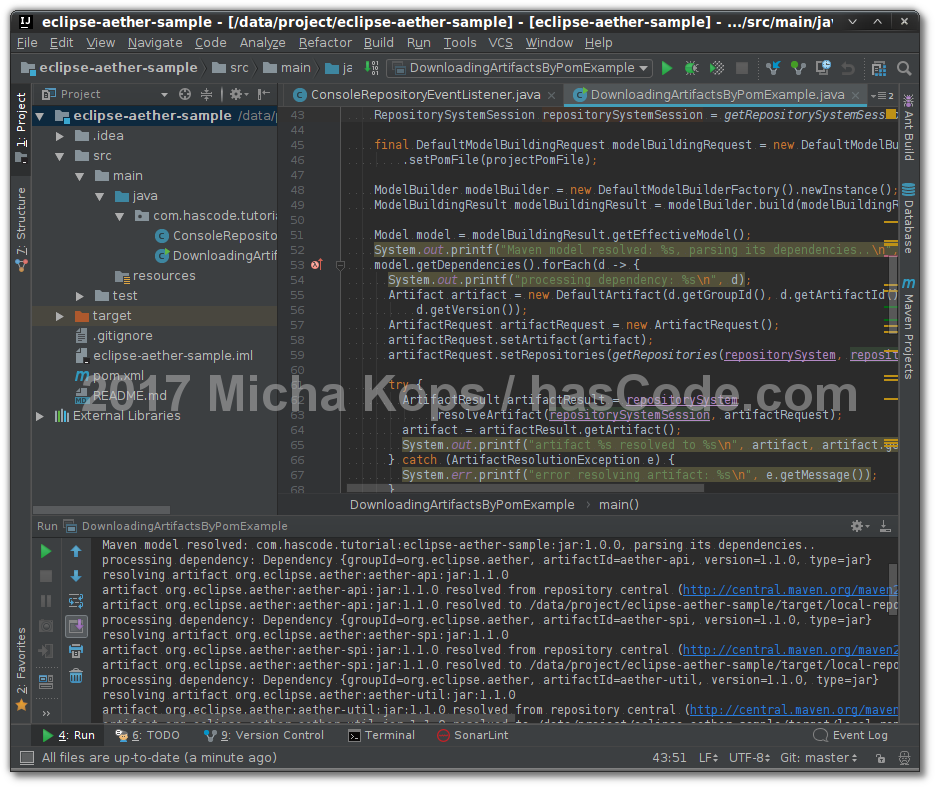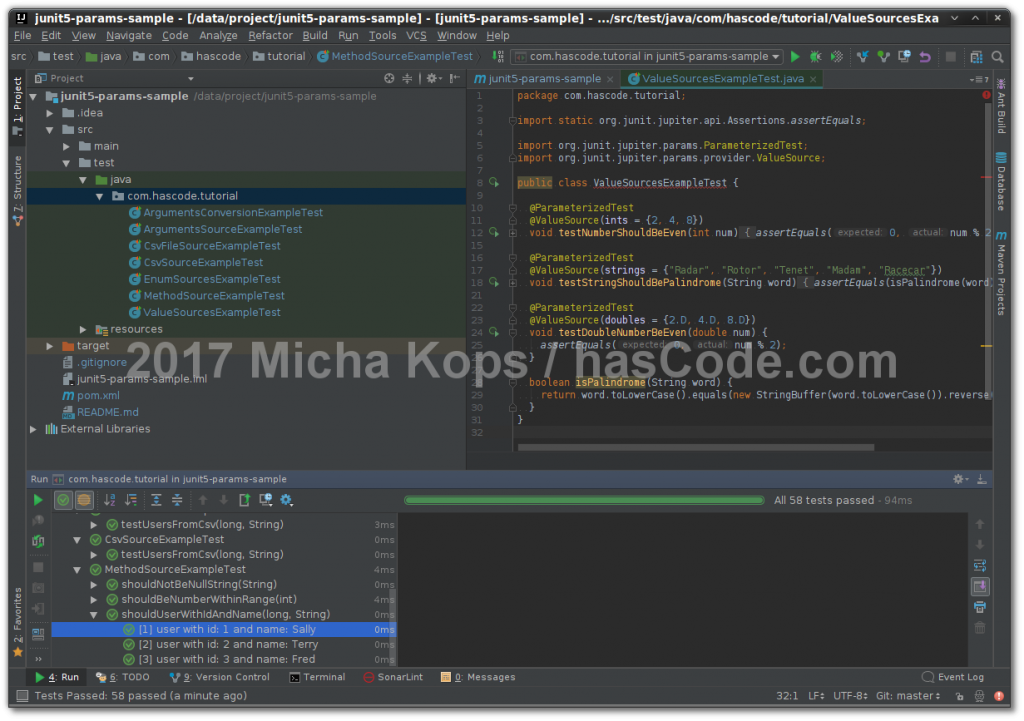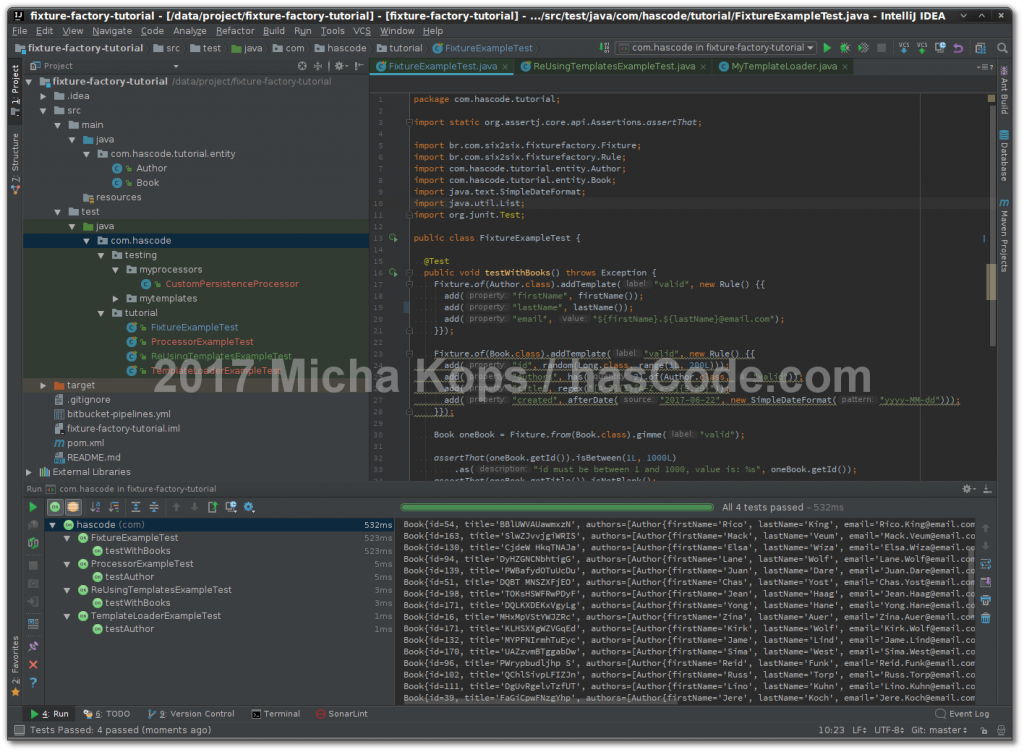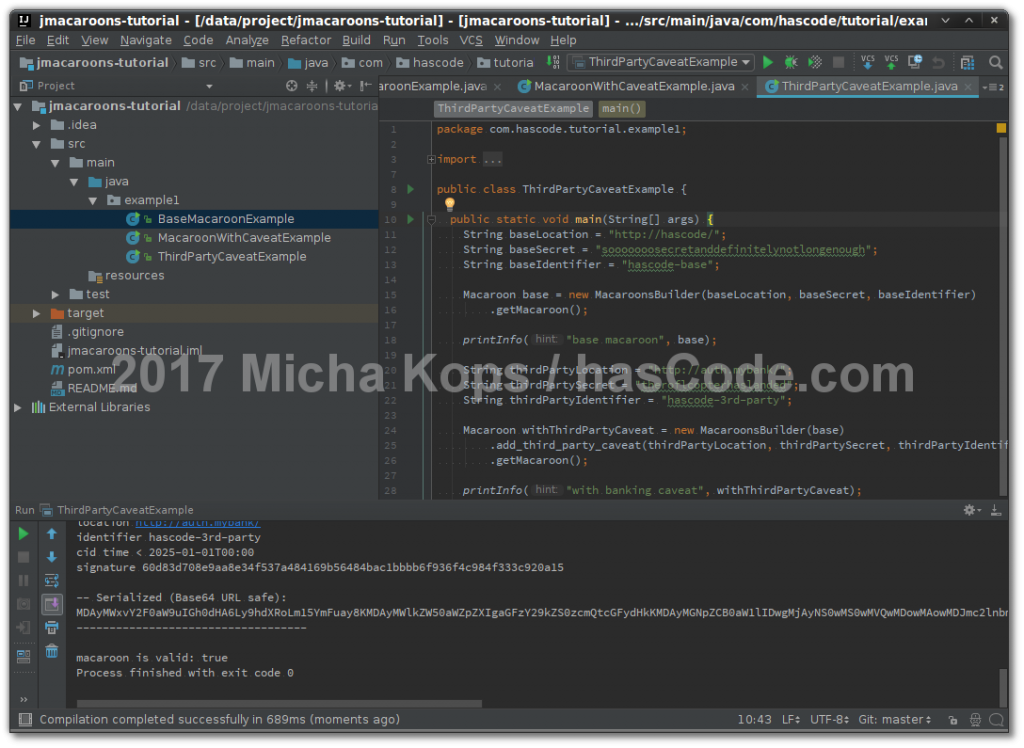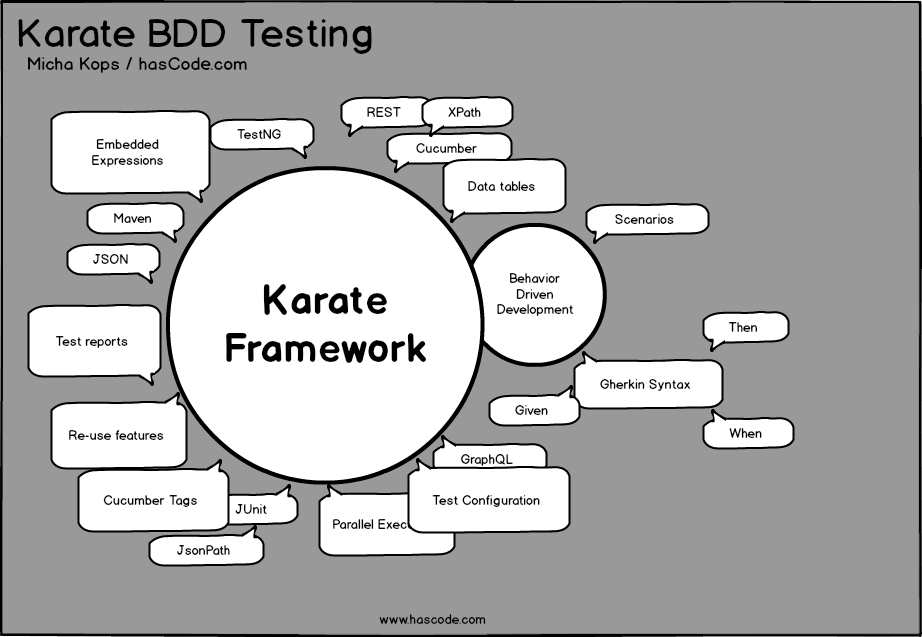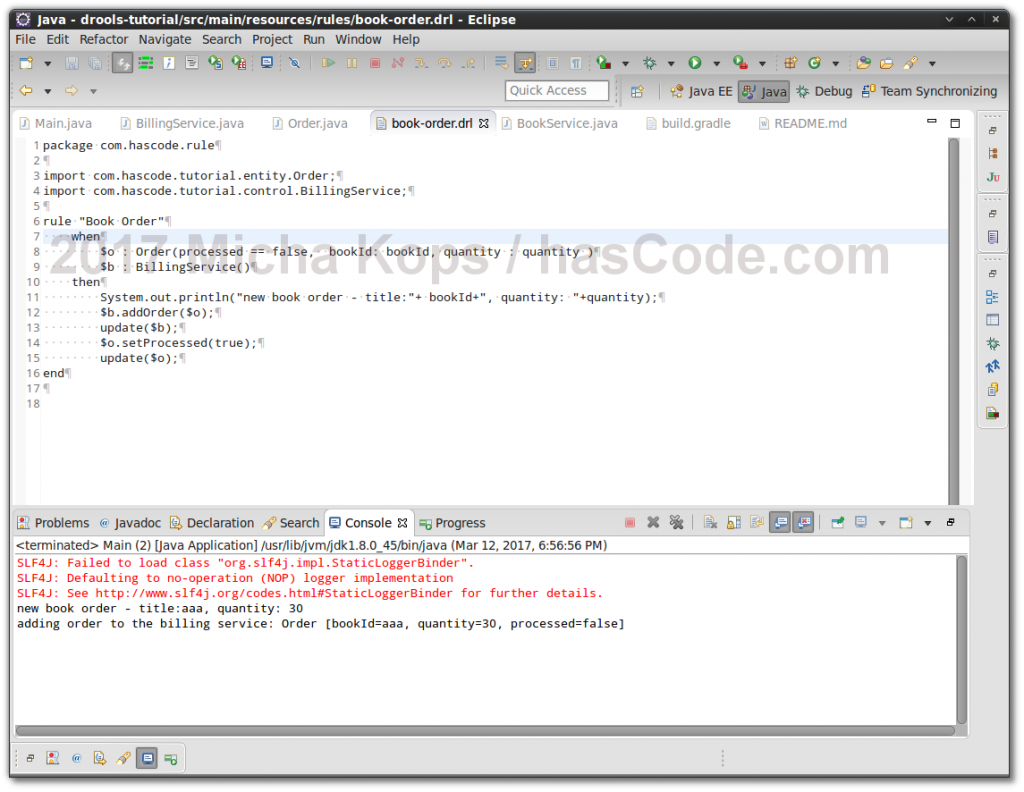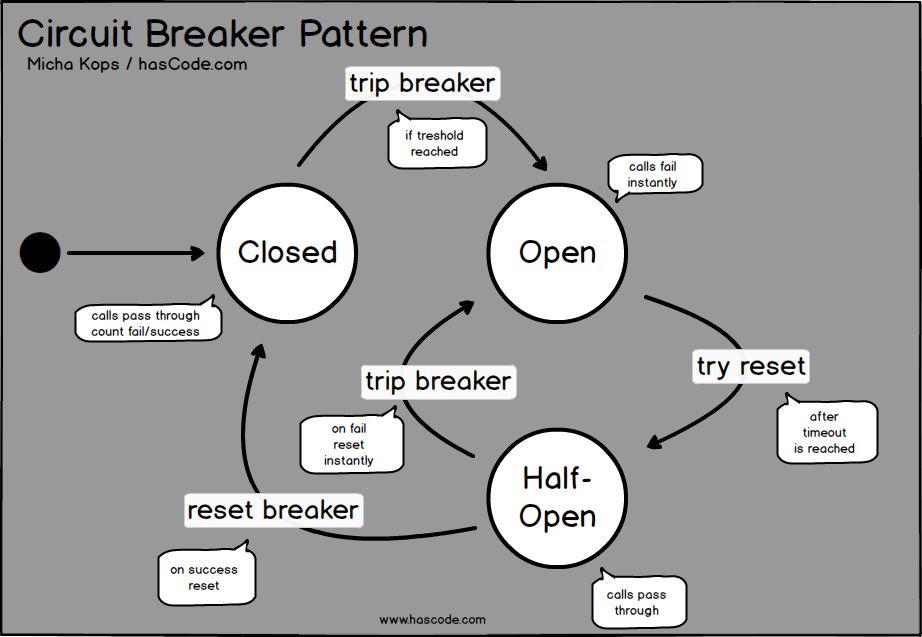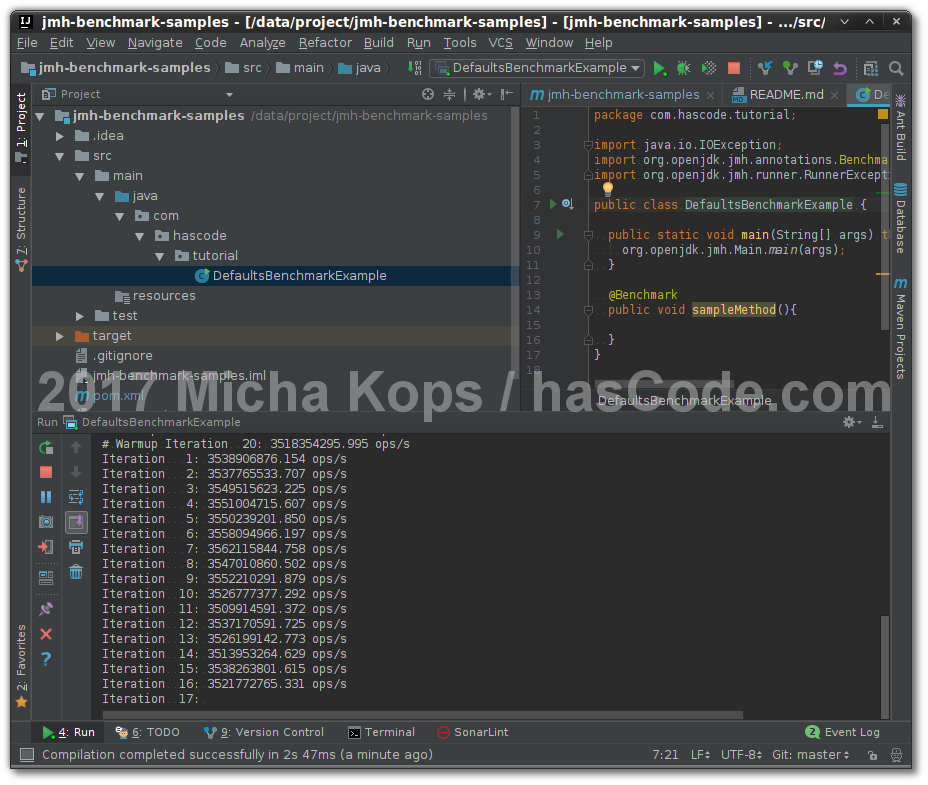
Microbenchmarks with JMH / Java Microbenchmark Harness
Writing microbenchmarks for parts of our applications is not always easy – especially when the internals of the virtual machine, the just-in-time-compiler and such things are coming into effect. Java Microbenchmark Harness is a tool that takes care of creating JVM warmup-cycles, handling benchmark-input-parameters and running benchmarks as isolated processes etc. Now following a few short examples for writing microbenchmarks with JMH. Figure 1. Java JMH Microbenchmarks running in IntelliJ...
